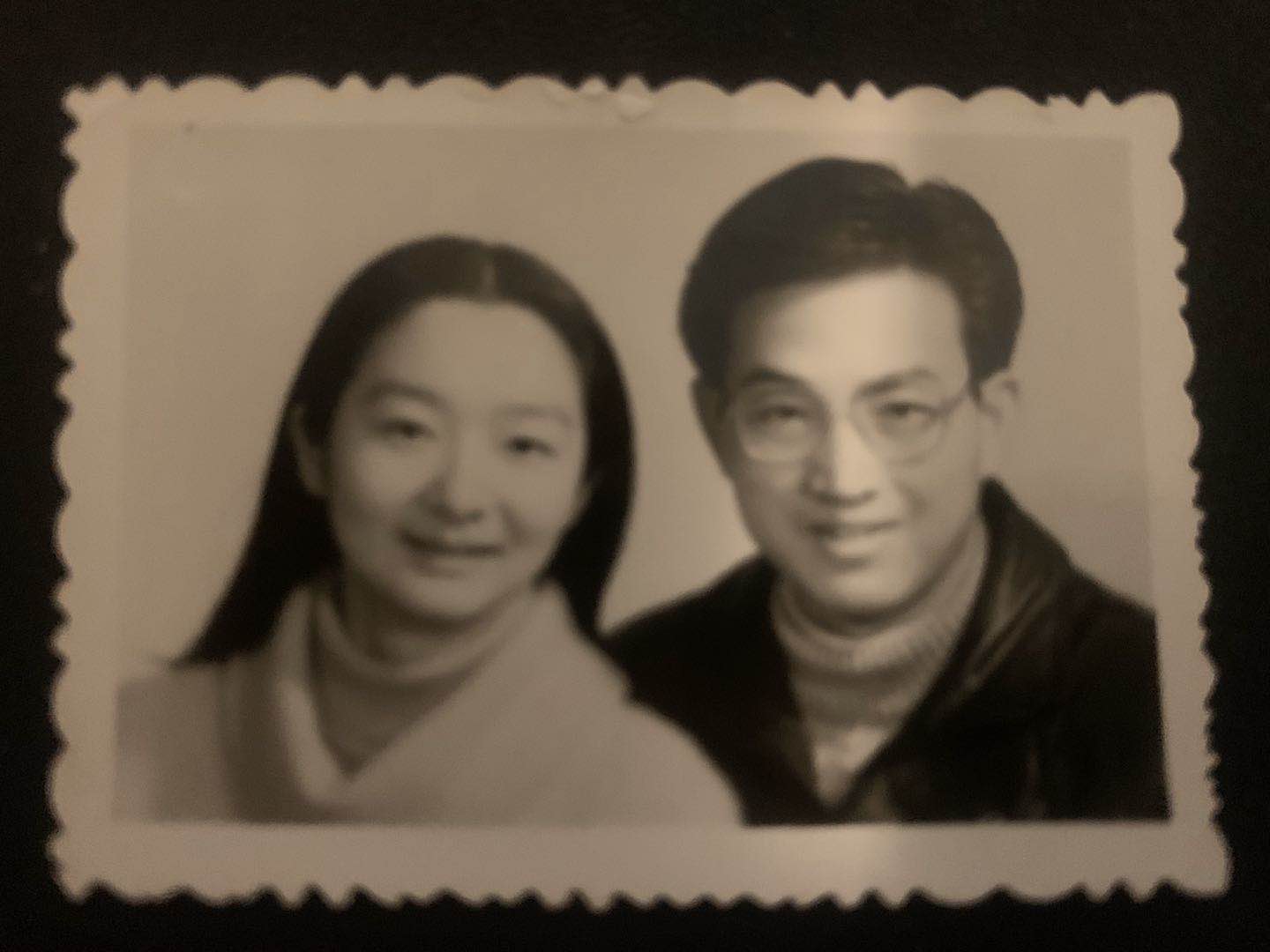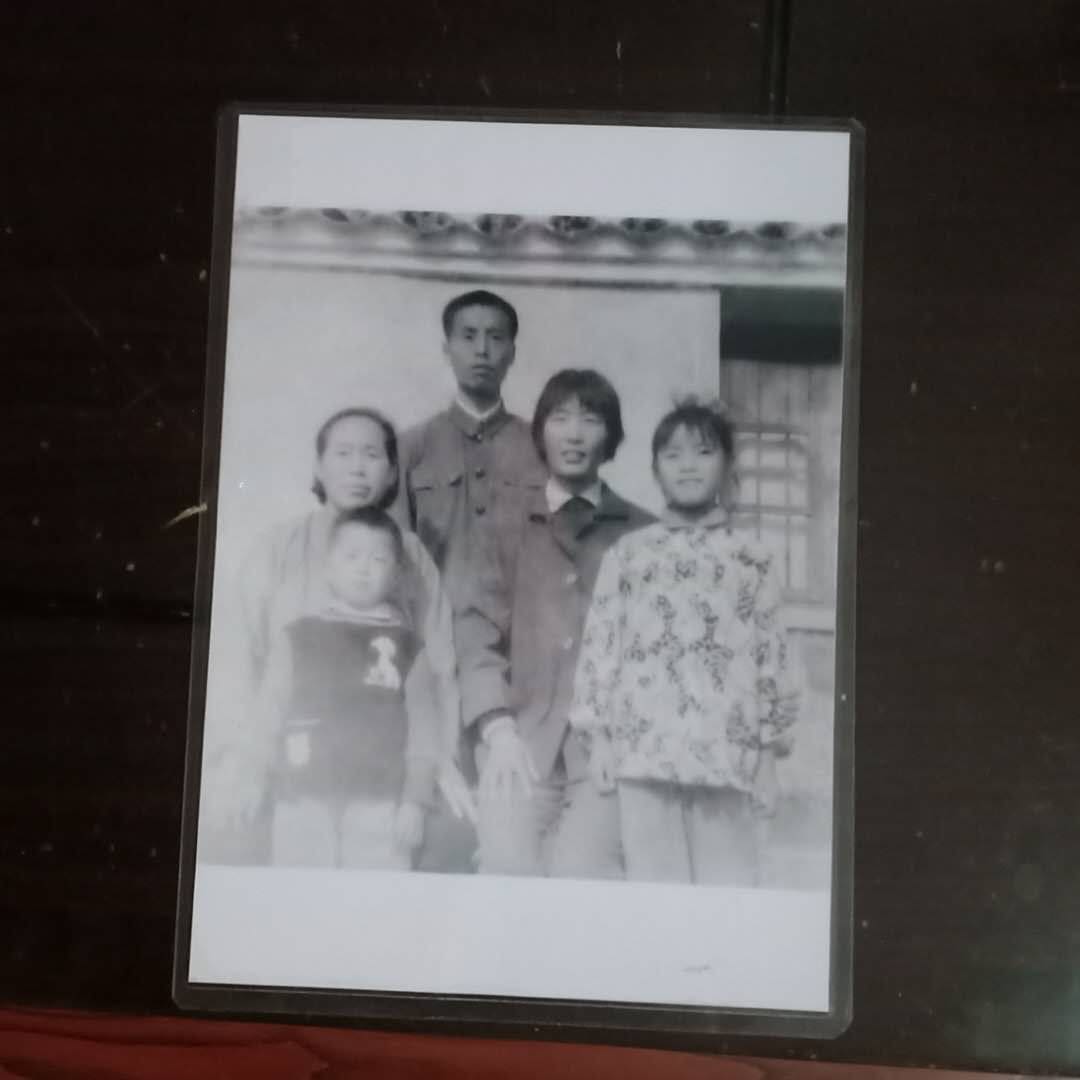In 2019, China reported its lowest rate of marriage ever, indicating increasing numbers of young Chinese people are choosing to delay marriage, or not get married at all. That change is more broadly indicative of the important changes in contemporary Chinese society: growing financial insecurity, acceptance of non-marital sex and increased independence of young people, especially young women, from their parents. Views of marriage have changed drastically over the last few decades, and many of today’s young people see marriage as far less important than our parents’ generation. We interviewed young Chinese young people from diverse socio-economic and geographical backgrounds, and found that the concept of marriage differs from person to person.
“The Right Age”
For the young people we spoke to, about half said there was no “right age” to get married, and the other half said less than 25 years old. The average age of marriage has increased as more young people prioritise their careers. Over the past decade, Chinese media has increasingly talked about the “problem” of “leftover women” (剩女), provoking increased anxieties over women who marry late, or choose not to marry at all. But many women face the “double burden” of meeting the expectation of getting married by a certain age and succeeding in their careers (for some young men, getting married earlier was seen as a career benefit: “Getting married early may be better for an individual to focus on his future career but early marriage is just a personal choice,” a male undergraduate tells us).
In Ying Yue’s small hometown, there was a significant pressure to get married in your twenties. “If you miss the best age for marriage, it will not be easy to find a husband to marry. I have an elder sister who is not married and is in her thirties. In the end, she can only choose those who are going to have their second marriage, or a less attractive partner.”
Getting married in your twenties is more strongly expected of women, particularly in poorer areas. One study indicates that most surveyed mothers prioritised having their daughters marry early over them having successful careers.
But the burden of a wedding being expected before you’re 25 doesn’t only fall on women. For young people of any gender, particularly those living in competitive larger cities, getting married at the “right age” clashes with expectations of getting married when you’re financially secure. That problem has only grown in recent years. Since the 2008 financial crisis, increasing numbers of Chinese people have begun to perceive their jobs as precarious, and therefore as unequipped to start a family. But many Chinese young people try to meet those expectations in novel ways: increasing numbers of young people, for example, have “naked marriages” (裸婚) where they get married with the “four no’s” — no house, no ring, no car and no ceremony — in order to save on costs and marry earlier.
But many of the young people we spoke to rejected the expectation completely. “My family is a remarried family, which has experienced both fragmentation and happiness,” Nian Zhen* tells us. “In my experience, a late marriage will be more stable because it has a certain material basis.” Many of the women we spoke to also expressed that they weren’t sure if they wanted to get married at all, and they were fine with that. “Even if I do not marry, it will not have a negative impact on my personal values,” a woman undergraduate told us.

photo source: Sherry Wang
Changing sexual relationships
Increasing acceptance of sexual relationships outside of marriage have also changed marriage trends. “China is not as conservative as it used to be, especially in China’s big cities, such as Guangzhou and Shanghai, where the sexual cultures are very open,” Zhi Ruo,* a recent high school graduate tells us. Almost all the young people we spoke to said they approved of sex before marriage. “Eastern and Western cultures are gradually approaching each other,” one male student told us. “It is more and more acceptable to have sexual relationships or physical contact outside of serious romantic relationships.” Several people suggested that this change has been particularly significant for women: “More Chinese women are abandoning their sexual preconceptions and feel free to have sex outside a relationship,” a different male student says.
But acceptance is not universal, differing along generational and geographic lines. As Zhi notes, “China is a very large country, the degree of tolerance and openness to sexual behavior varies by region.” One study indicates that young people from rural areas and from cities report having sex at similar rates (about 20% from each group described themselves as “sexually experienced), but young people in rural areas can feel the judgement of small towns much more harshly. “In a relatively small city like Wenzhou, everyone’s thinking is more traditional,” Ying Yue*, a 23 year old mother, says. “Few people now blame girls for having a private sexual life, especially in big cities. But here, if a girl has many boyfriends, or she has a lot of sexual experience, this may still be discussed behind the scenes.” “The topic of sex is a very grey area,” Zhi agrees. “It is not necessarily true that the backward places are more conservative, but you will face greater public pressure in these places and, therefore, you may not be able to accept open marriages or relationships.”
“Slut-shaming remains deeply embedded in Chinese culture,” Jingjing Zhang, who runs the Chinese feminist Wo Men Podcast, argues. “But recent high profile cases of sexual assault, [such as that of Liu Jingyao] have caused many to discuss this shaming.”
Many of the young people we spoke to condemned the shaming. “Many people use the term ‘slut’ to humiliate and attack women,” a young male Commerce student tells us, “but I hope these voices will become less and less prominent.” “It is contemptible to use the word “slut” to humiliate women, and it is a personal humiliation,” another male student told us. For some, sexual experience implied a woman was straying from traditional Chinese values. “If a girl takes contraceptive pills, the first impression is that the girl’s mind is more westernised, that she’s psychologically lacking in love or is more lonely.”
Several people surveyed described casual sex as “westernised” forms of relationships, carrying particular stigmas. “I feel Western dating culture is too casual for me,” Feng Mian, a second-year Arts student, tells us. “Men are attacked because of their lack of sexual experience, and women are attacked because they have too much sexual experience, reflecting the inequality between men and women.”
But despite hope that views are changing, most of the young people we spoke to believed a woman’s value remained dictated by her sexual experience. “Boys will use the good-looking girls they have had as a display of capital, just like how many people show off their game rankings,” an IT Masters student tells us.
That sad fact is particularly important for young women looking to get married. “At the age of marriage,” a different male student tells us, “men are more likely to choose long-term partners with more traditional values, and will look down on girls who are ‘slutty’ or sexually attractive.” A wife who is a virgin remains highly prized by many people. “The Chinese are still very traditional,” Zhi concurrs. “They will hope to have a partner with less sexual experience, and even a virgin complex.” “I think the virgin complex is really sick,” Feng agrees.

Family Expectations
Much of the social pressure around marriage relates to ensuring your family is supported. “There is still a social pressure that requires the care of the elderly,” Zhi tells us, “and that means you need to find another person to share the pressure of this care, as well as provide for the psychological needs of parents. Several respondents also referred to marriage as a “social responsibility.” Though arranged marriages have been banned since the Communist Party passed the Marriage Law of 1950 (a progressive piece of legislation that also legalised divorce), Yin tells us that many parents were still heavily involved in match-making for their children. In her hometown “after graduation, [many young people] will marry through the arrangement of parents or a blind date,” she says. One study indicates that, though arranged marriages have decreased over the past several decades, they remain relatively common, particular in rural areas.
But as arranged marriages become increasingly uncommon for Chinese young people, their experiences of marriage become more different from their parents’. “My grandparents lived in an environment where marriage between members of the proletariat was distributed by the state and the couple would only know each other after marriage,” Zhi tells us. “I think this new era will be a lot more free, and most people choose their partners based on their feelings.”
Having parents had an arranged marriage was a common experience for the people we talked to. “My parents were arranged to marry since they were born,” Ying says. “The first time they met each other was on their wedding day. My father sold a pig, and then married my mother as a gift. My mother felt like she was being sold.” Her own marriage feels very different to her mothers, echoing Zhi’s sentiment that the era has “a lot more freedom.” “I feel that my current marriage is very happy. My mother often tells me to be content and cherish my current marriage.”
Despite Shanghai’s Marriage Market (where parents advertise their unwed children on umbrellas in People’s Park) attracting recurring exposés in Western media, the young people we spoke to indicated their parents were less involved in their love lives than in the past. Though some of the people we spoke to mentioned parental involvement in match-making and pressure, none told us that their parents had arranged for them to meet their current partners. Instead, unmarried people in relationships had largely met their partners alone and had begun honest conversations with their partners about their futures together. “I already have a boyfriend and we want to get married and have a future together,” second-year Arts student Feng Mian* tells us. “Marriage can only be based on the fact that we like each other so much.”
Young people have increasing independence from their parents in making decisions about their partners, particularly those studying overseas away from home. “The acceptance of sex education is increasing, and more and more people have the ability to think independently,” an undergraduate studying in Australia tells us. More broadly, it’s increasingly common for children to leave the home before getting married, and gaining independence in doing so.
Many of the young people we spoke also highlighted the importance of an equal power balance in heterosexual marriage. “Only by feeling equal can you respect yourself and the other person peacefully,” Yin advised us. “A strong power imbalance will gradually erode a relationship.” “In my parent’s marriage, men and women are also equal. They disagree with the traditional gender roles that suggest ‘men are outside working, females are inside raising children.’”

photo source: Lei Yao
Everyone we spoke to emphasised the importance of knowing and loving their partners deeply before considering marriage. “Marriage requires a deep understanding of the other party before marrying,” one male student told us. “Go out and travel together, live together for a year!” “Love is a necessary premise for marriage,” a different student told us. “It is impossible to imagine living with a person who one does not love for a long period of time.”
But many people also emphasised that marriage was a serious material transaction. “The issue of property needs to be taken into consideration,” Zhi tells us. “From a historical perspective, marriage itself is a model of legally effective property protection.”
What does getting married mean today?
Young Chinese people navigate complex social trends of increasing financial insecurity, independence of women, sexual liberation and less involvement of their parents in their love lifes. Marriage remains highly valued as important to family and community, with young people and especially women often facing rigid expectations about the appropriate times to marry. But many young people are rejecting, or at leasting questioning, the social expectations and redefining marriage as a celebration of individual agency, maturity and love of your partner. As one respondent put it, “Most people haven’t grown up and don’t know how to be a mature and responsible person. Only when one has the ability to love and understands the art of love can one truly love.”
*All names have been changed.





